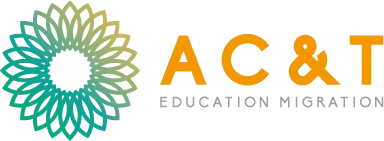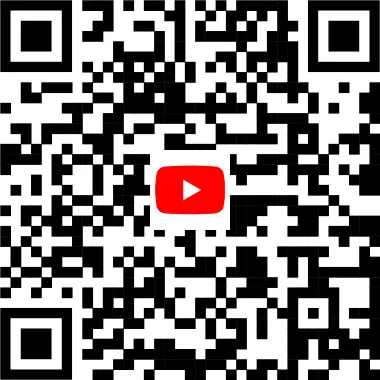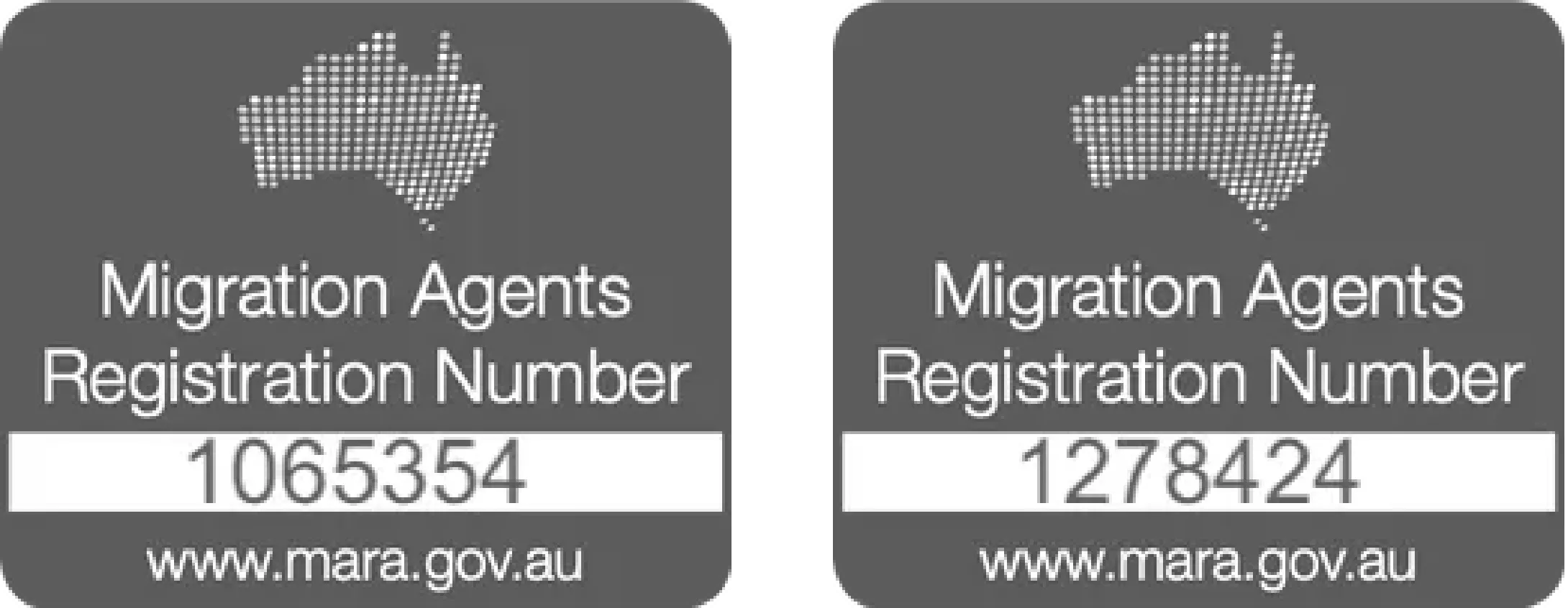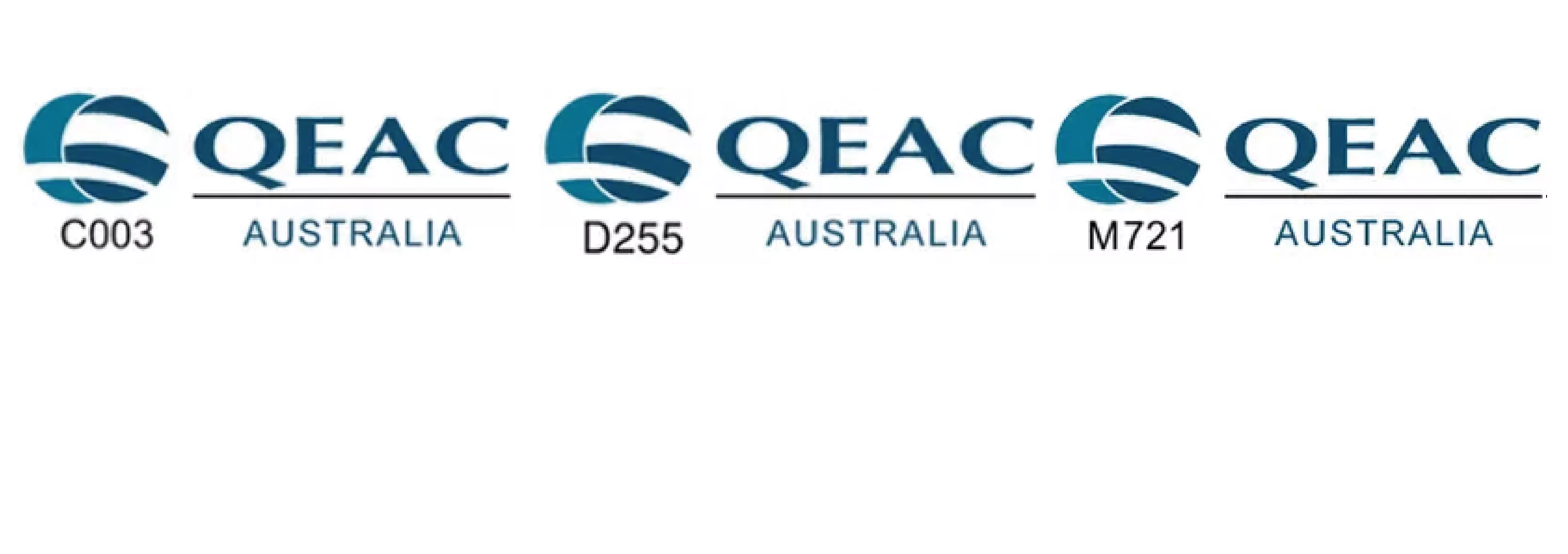| Is it feasible for students to take English courses (ELICOS) and take formal courses at the same time? |
| It is likely that a student will encounter overbalanced study loads when one's English proficiency is beneath the required level. Hence, it is recommended for students to take English courses (ELICOS) to achieve the suggested competence level before enrolling in the formal course. In most cases, students with averaged English skills may be proposed to take 20 to 30 weeks of English class. However, the learning results also depend on the individual's capability. |
| In order to be accepted in a formal course, what levels of English proficiency is required? |
| Generally speaking, the English proficiency requirement for TAFE is likely to be IELTS 5.5, while IELTS 6.0, 6.5, or more would be demanded a university application. However, some courses that are more competitive or require better language skills may have higher standards than the above. |
| Is it legal for student visa holders to work in Australia? |
| You cannot work until you have commenced your course in Australia. A student visa allows visa holders and the dependent partner visa holders to work up to 40 hours per fortnight once the studying program has commenced and is in session and unrestricted hours when the program is not in session. If the student is studying a master's degree (coursework or research) or a doctorate degree, the partner will have full and unlimited work rights. However, AC&T advises that, instead of depending on the part-time wages, the prospective international student shall arrange sufficient funds before applying. |
| Is it attainable for onshore tourist visa holders to apply for student visa? |
| The brief answer is ‘yes’. However, to change the visa while in Australia, the applicants must complete the health examination involving higher fee payments, lengthy clinic schedules, and so on, where more variables may lead to the delay of the visa processing. Therefore, it is recommended to the prospective students to lodge the application before departing from your home country. |
| Is it feasible for student visa holders to apply for another program and extend the visa while the first studying program is concluding? |
| Yes. Once obtaining the CoE (Confirmation of Enrolment) of a new course, student visa holders are welcomed to apply for the extension before the current visa expires. However, according to the Department of Home Affair, in most circumstances, the changes of education providers will be restricted if the student has not completed a minimum six months of the main course of study at the current institution for which the visa was granted. |
| Do schools/universities provide airport pickup services? |
| The majority of language schools provide airport pickup where a service charge from AUD$50 to 200 can occur depends on the institutions, while most Australian universities offer free of charge airport pickup service. The expected student is advised to provided details of the flight number, date, and time to the institutions for arrangement at his/her earliest convenience. |
| How can I arrange my accommodations while studying in Australia without any local friends or relatives? |
| Supposing that you will come to study alone, the living expenses, involving food, housing, transportation, and others, will be expected to be around AUD$ 1,500 every month in a metropolitan city. Students who come with a partner will need to allocate approximately AUD$ 7,362 for a year while an additional AUD$ 3,152 shall also be considered for each dependent child. |
| How much would it roughly cost to study and live as an international student in Australia? |
| Courses provided in VET institutes and universities usually commence in February or March every year as the first semester kicks off while the second semester would take place from July to November or the beginning of December. Some education providers operate with three semesters in a year. In most institutions, it is likely to identify some courses that offer two main intakes, February and July. However, applicants are advised to consult individual education providers in regards to intakes and commencing dates. |
| How does an Australian academic year look like? When do the semester start? |
| Courses provided in VET institutes and universities usually commence in February or March every year as the first semester kicks off while the second semester would take place from July to November or the beginning of December. Some education providers operate with three semesters in a year. In most institutions, it is likely to identify some courses that offers two main intakes, February and July. However, applicants are advised to consult individual education providers in regards to intakes and commencing dates. |
| What are the differences between TAFE and a regular university? |
| Universities provide holistic academic education which focuses on knowledge accumulation, while TAFE plays a vital role to supply human resources to the technology-concentrated industrial sphere in Australia, which focuses on providing professional training with authentic practice, where career aspects of students are more valued. According to the statistics, there are 70% of students who chose to study after secondary school is enrolled in VET institutions while university students only take up 30%, which indicates the importance of the VET body in Australia. |
- 1
- 2





